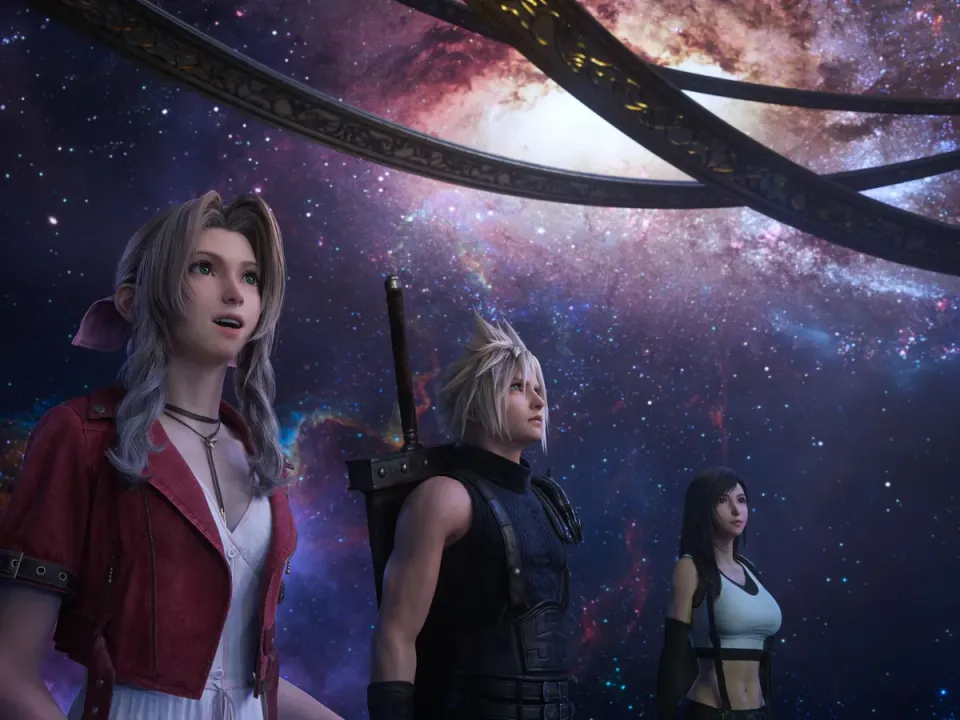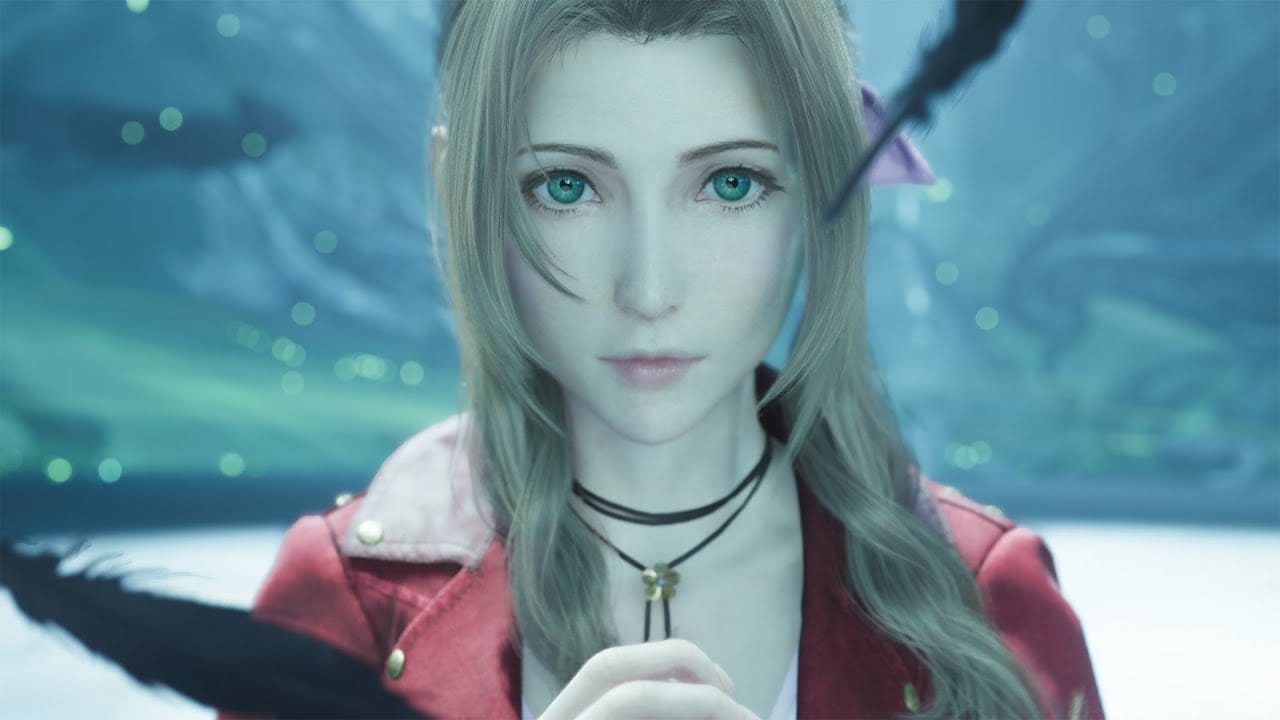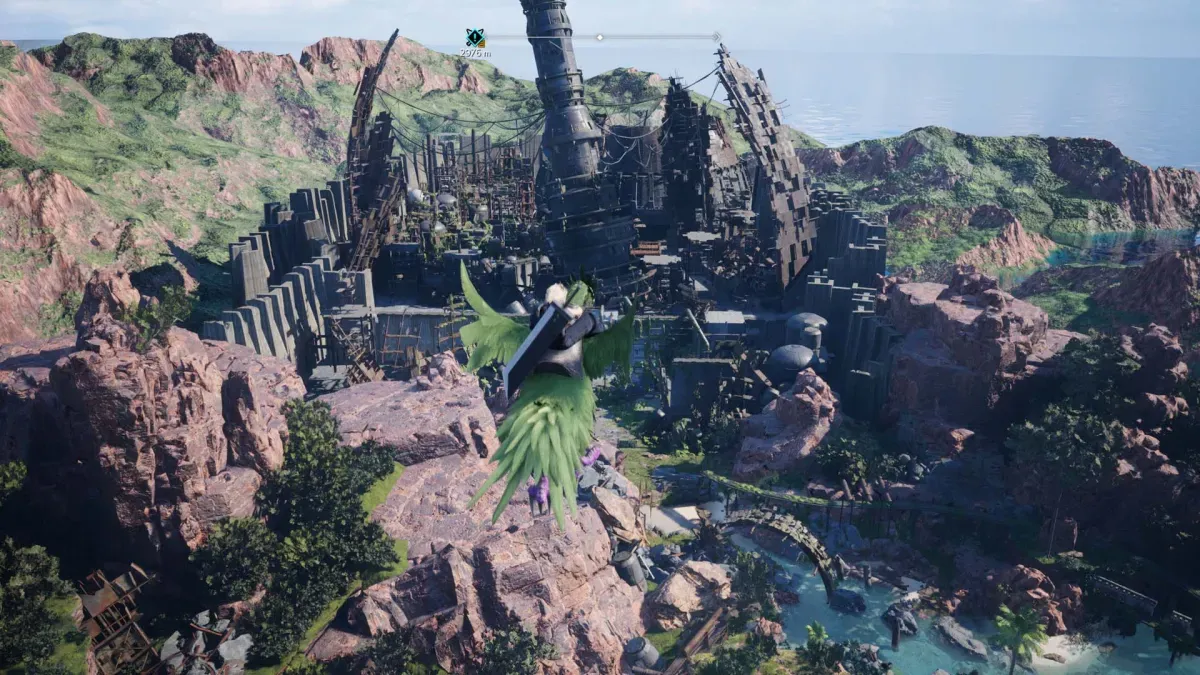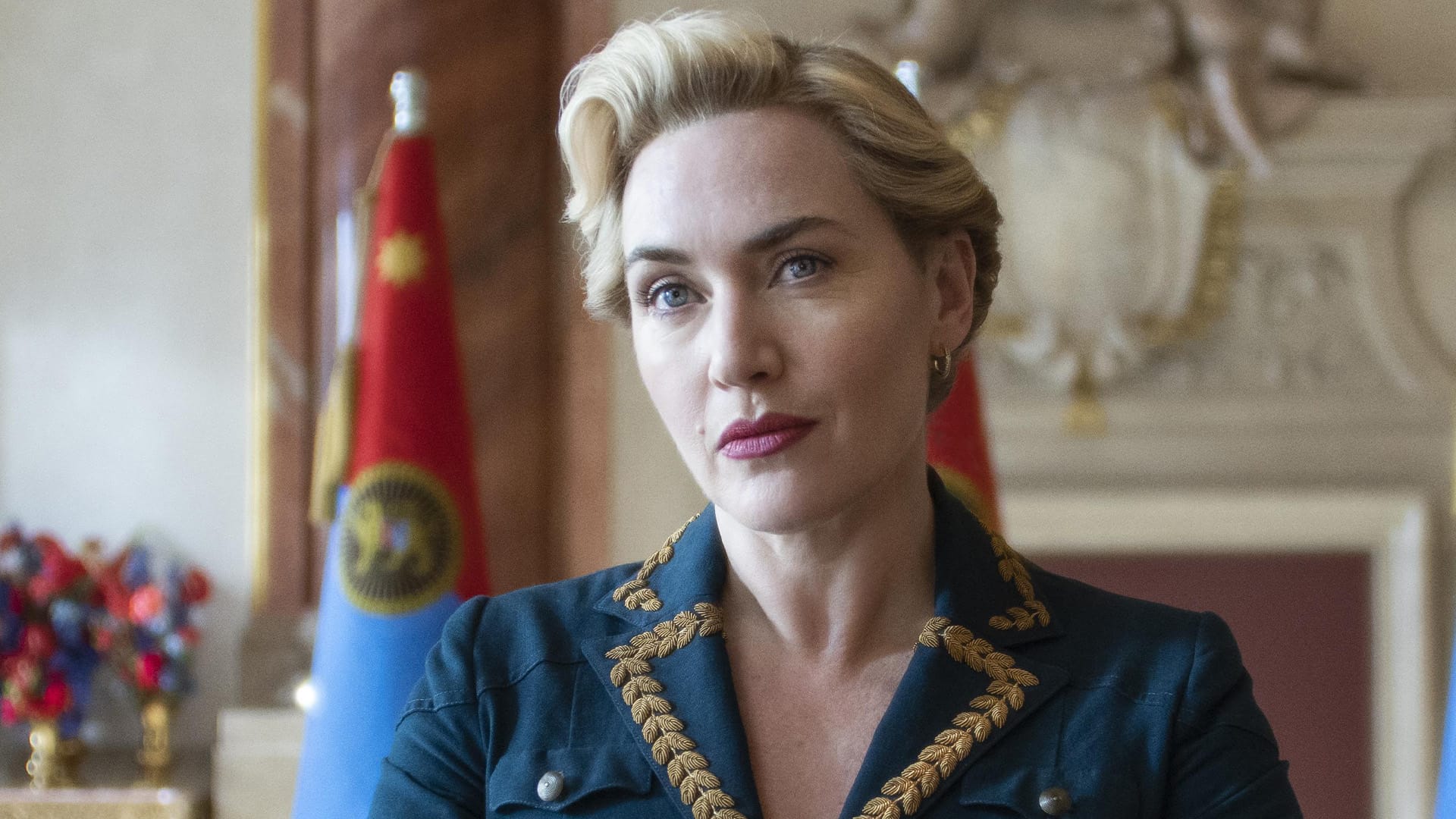Critical Corner: Final Fantasy 7 Rebirth

In this week's edition of Critical Corner, a review of the much awaited sequel to Final Fantasy 7 Remake, Final Fantasy 7 Rebirth.
It’s hard to start off a review of this game without a bunch of superlatives. Final Fantasy 7 Rebirth is the most game I have played for some time. Final Fantasy 7 Rebirth has the best open world in any game since The Witcher 3. Final Fantasy 7 Rebirth might be the definitive experience of Final Fantasy 7. Final Fantasy 7 Rebirth might be the definitive Final Fantasy experience, period.
Which is all to say that, as a lifelong Final Fantasy game, I really enjoyed Final Fantasy 7 Rebirth (shortened to FF7R, not to be mistaken for the other FF7R, Remake). For those unfamiliar with the premise, Square Enix have embarked on the journey of remaking the most famous entry in the series from the ground up. Rather than being a straight remake, it is instead a reinterpretation of the game, expanding on the narrative, characters, and core gameplay concepts laid down in the original.
The first game, Remake, was a 40 hour trip that ended at Midgar, which makes up about five hours of storytelling in FF7. This second game, Rebirth, takes the player from Midgar to the City of the Ancients, which was roughly 15 hours of gameplay, and expands it into a story that, if completed from top to bottom, will take a player anywhere between 60 and 90 hours. The developers have also thrown some pretty massive narrative curveballs, making this not just a rehash of the same story, but a reinterpretation.
Put bluntly: If Final Fantasy 7 was the first draft, Rebirth is the final draft.

The first thing that any player will clock about FF7R is that it is massive. After the game wraps up its version of the famous Nibelheim flashback – and the game’s subtle rework of Sephiroth’s character from detached demigod to manipulative psychopath is a wise one – it opens up to a massive open world. From there, the player is dropped into a massive open world. At first, I was nervous. Ubisoft has almost single handedly ruined the open world – scattering meaningless resources, waypoints, and fetch quests across gorgeous but increasingly shallow landscapes.
Square Enix have, against many odds, nailed the open world. It is full. Every inch feels not just intentional, but loved. If anything is in the game, be it a mini-game that shows up once, an incidental line of dialogue from an NPC you might brush past or the animation for an ability you’ll see across hundreds of battles, it doesn’t feel like an afterthought. It feels like it was always meant to be there.
After the success of Remake, it was unclear whether Square Enix would be able to capture the spirit of the original game with a much bigger lens, and a lot more ground to cover. Although what most people remember of FF7 is its epic nature, and the conflict between one-time SOLDIER Cloud and silver-haired villain Sephiroth, it is also a game that was capable of remarkable silliness, and shifted between wild tones without ever feeling dissonant.
Once more, against many odds, Square Enix have nailed it once again. FF7R is a serious game, with heavy moments. It is also a game that stops the story dead so your cast can frolic at, in order, a parade, a beach resort, a theme park, and then an honest-to-god musical extravaganza. In between all of these moments, while the cast fights to stop Sephiroth, they are also constantly making fun of each other, expressing dismay at how ridiculous things are, and even commenting on the game itself (“Can anyone explain to me why we’re taking this detour?”, ninja Yuffie exclaims at one point). It makes the game not just refreshing to play, but genuinely

If FF7R has one issue, it’s pacing. This is a massive game with a tremendous amount to do, and while there’s not a single oddjob or quest in the game that isn’t fun (although I could do to be better at the piano minigame), sometimes I ended up putting the story on pause for six hours to complete a region. While the game goes to pains to make sure that each sidequest builds on the relationship between the characters, it does mean that the game’s narrative feels slack. This is compounded by the fact that, as someone who has poured hundreds of hours into the original game, I know what is going to come next and I’m anxious to get to it. There’s nothing wrong with stopping to smell the roses, especially when the roses have been as lovingly cared for as these ones, but there’s an undeniable feeling of stopping more than going.
FF7R, undeniably, makes some changes to the source material beyond the massive amounts of expansion, and changes to gameplay, involved. However, it doesn’t feel like a different story. Final Fantasy 7 is a game that is, undeniably, about loss. It’s about loss on a personal level, loss of identity, and loss on a global scale. FF7R doesn’t shy away from the fact that each one of its main cast is dealing with loss, and as the player travels through the ravaged world, it becomes clear that every region, and every inhabitant, has been affected by loss at some point.
There’s more to say about FF7R. As I said, the game is massive. Even having spent roughly 75 hours across the period of a week on it, I can’t help but feel that there are moments I’ve missed, nooks I haven’t explored, and small, subtle grace notes that I haven’t heard. When I reviewed Final Fantasy 16 last year, I noted that it felt like the series was back at its best. I stand by that assessment. I’ll go one step further with this one though – when I play this game, it doesn’t feel like an adaptation of a 20 year old game. It feels like what that game could, and perhaps should, have always been.
Final Fantasy 7 Rebirth isn’t just Final Fantasy at its best. It’s Final Fantasy as it always should have been.
You can buy Final Fantasy 7 Rebirth for the Playstation 5 on the PS Store or wherever games are sold. This game was played on a review copy provided by Square Enix. It was completed once.

Other Things I’ve Consumed
- Firstly, an apology for going radio silent for a week. I was very sick after my first show closed, and in no place to write, let alone figure out what to write. With both shows closed now, I’ll be returning to my regular coverage, and with the Auckland Arts Festival on, I’ll have a lot to write about.
- I’m Glad My Mom Died by Jeanette McCurdy is a book that many people have insisted I read, which is pretty funny given the alive status of my own mother. I liked it quite a bit, but it’s one of the few books that I wish I’d listened to instead. McCurdy’s voice, as written, is disarmingly conversational. When reading it, it feels as though a lot of the weight is missing due to her skating through some genuinely traumatic things. If I had listened to it, I imagined it would be more like sharing a car ride with a friend who can’t stop talking about the heavy stuff in their life, and I would lose less of McCurdy’s, well, voice.
- I watched the first episode of The Regime. I very much like watching Kate Winslet swing for these specific fences, even though I wish the series’ visual choices, script, and ensemble matched her. (Andrea Riseborough is also, reliably, great.)
- Mea Culpa is a Tyler Perry film on Netflix starring Kelly Rowland as Mea – last name not given – who is a lawyer tasked with defending an artist who may or may not have murdered his girlfriend. I cannot in good conscience recommend it, but I can recommend drag queens Trixie Mattel and Meatball reacting to it.
- TWICE’s new EP is pretty damn great.
Weekly Round-Up
- The Pantograph Punch announced today that it would be going on hiatus after operating for 14 years. I intend to write about this soon, having worked there for several years and considering it a massive part of my development, but I’d highly recommend going back to check out the back catalogue. The website has nurtured some of the best writers in the country, and given audiences access to a deeper, richer understanding of the arts in this country.
- This expose of Jay Shetty is not just a great read, but a fascinating insight into what exactly people will buy into, despite logic and common sense.
- Be Kind Rewind is one of the few video essay channels I subscribe to (no shade on the form, just not my taste), and this look into Greta Garbo is the greatest insight I’ve had on a performer whose craft, and life, fascinates me.
This post is available for free to Dramatic Pause subscribers. If you wish to become a paid subscriber, you can upgrade here.

Member discussion